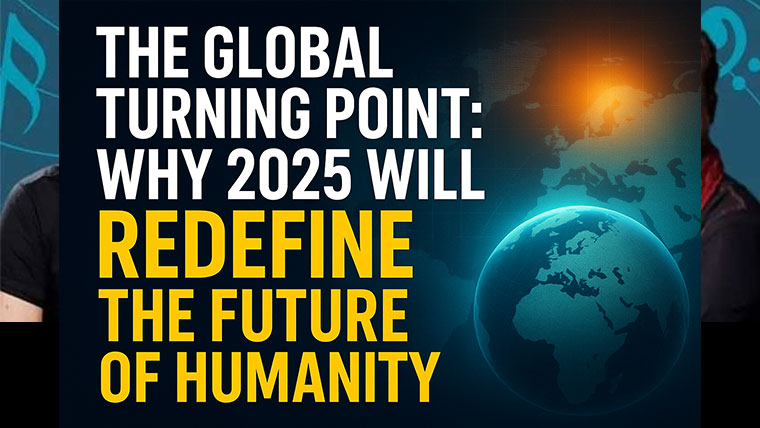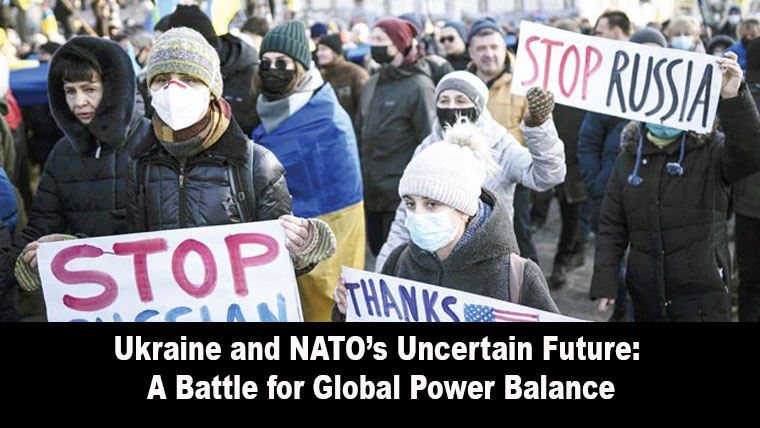When history remembers Adolf Hitler, it does not recall him as a mere political leader, but as one of humanity’s darkest figures. From 1933 to 1945, the Nazi dictator ruled Germany with an iron grip, leaving behind a legacy of war, genocide, and unprecedented human suffering. His regime was built on an ideology of racial supremacy, state propaganda, and the systematic elimination of minorities — most infamously through the Holocaust.
Today, uncomfortable echoes of Hitler’s methods are being identified in the leadership style and policies of Indian Prime Minister Narendra Modi. While contexts differ, analysts, human rights groups, and international observers have noted disturbing similarities between Hitler’s authoritarianism and Modi’s Hindutva-driven agenda, especially regarding India’s religious minorities and the people of Kashmir.
Hitler’s Path of Hate and Control
Hitler’s rise to power was rooted in a toxic ideology of Aryan supremacy and anti-Semitism. His regime carefully crafted discriminatory laws like the 1935 Nuremberg Laws, which stripped Jews of citizenship and banned marriages between Jews and “Aryans.” Over time, Jews were pushed out of schools, jobs, and public life. Violence escalated, culminating in Kristallnacht in 1938, when thousands of Jewish businesses, homes, and synagogues were destroyed in a single night of state-sanctioned terror.
This hatred soon expanded beyond Germany’s borders. During World War II, Jews across Europe were rounded up, deported, and imprisoned in ghettos under horrific conditions. Ultimately, Hitler’s “Final Solution” — the industrial-scale extermination of Jews in concentration camps like Auschwitz — became one of history’s greatest atrocities.
Hitler’s rule demonstrated how propaganda, nationalism, and systemic dehumanization could transform a democracy into a totalitarian nightmare.
Modi’s India: Rising Authoritarianism
Narendra Modi rose to national prominence after serving as Chief Minister of Gujarat, where his tenure remains overshadowed by the 2002 riots that killed hundreds of Muslims. Since becoming Prime Minister in 2014, his leadership has increasingly been associated with religious polarization, crackdowns on dissent, and democratic backsliding.
Overnight, the region was plunged into silence as communication networks were cut off, curfews were imposed, and political leaders were detained. International human rights organizations reported widespread arrests under draconian laws like the Unlawful Activities Prevention Act (UAPA), often targeting journalists, activists, and opposition leaders.
Reports from the ground also point to extrajudicial killings, forced disappearances, and the use of pellet guns that left thousands of Kashmiris blind or permanently disabled. Meanwhile, cultural suppression — from book seizures to media censorship — has raised fears of erasing Kashmiri identity altogether.
RSS Ideology and the Hitler Comparison
Scholars like Dr. Jason Stanley have openly drawn parallels between Modi’s political project and Nazi Germany’s ethno-nationalism. The Rashtriya Swayamsevak Sangh (RSS), the ideological parent of Modi’s Bharatiya Janata Party (BJP), has long promoted the idea of India as a Hindu-first nation. Some of its past leaders even praised Hitler’s “solutions” to dealing with minorities.
This ideology manifests in discriminatory laws and propaganda campaigns that marginalize Muslims and other minorities. Films like The Kashmir Files, accused of fueling anti-Muslim sentiments, and censorship of documentaries critical of Modi, such as the BBC’s India: The Modi Question, are chilling reminders of how authoritarian governments weaponize culture and media to control narratives.
Online debates, especially on platforms like Reddit, frequently caution against dismissing these similarities. Observers warn that what happened in Germany in the 1930s should serve as a wake-up call for India and the global community.
Why the World Must Pay Attention
Just as silence in the 1930s enabled Hitler’s regime to tighten its grip, ignoring Modi’s authoritarian turn risks emboldening policies that endanger millions. The international community must recognize that India — the world’s largest democracy — is sliding toward majoritarian rule where dissent is punished, minorities are scapegoated, and press freedom is shrinking.
The stakes are high. India is not Germany of the 1930s, but its vast population, nuclear capabilities, and global influence mean that unchecked authoritarianism will have consequences far beyond its borders. For religious minorities, especially Muslims and Kashmiris, the cost is already devastating.
Conclusion
Narendra Modi’s leadership represents more than just a shift in Indian politics — it reflects the dangerous rise of authoritarianism under the guise of democracy. The parallels with Adolf Hitler’s tactics are not mere exaggerations but warnings from history. Discrimination, censorship, and state-backed violence are not isolated policies; they are building blocks of tyranny.
If the world truly values human rights, freedom, and democracy, then silence is no longer an option. History has already shown what happens when hatred and authoritarianism go unchecked. Today, those lessons must guide the response to India’s trajectory under Modi.



